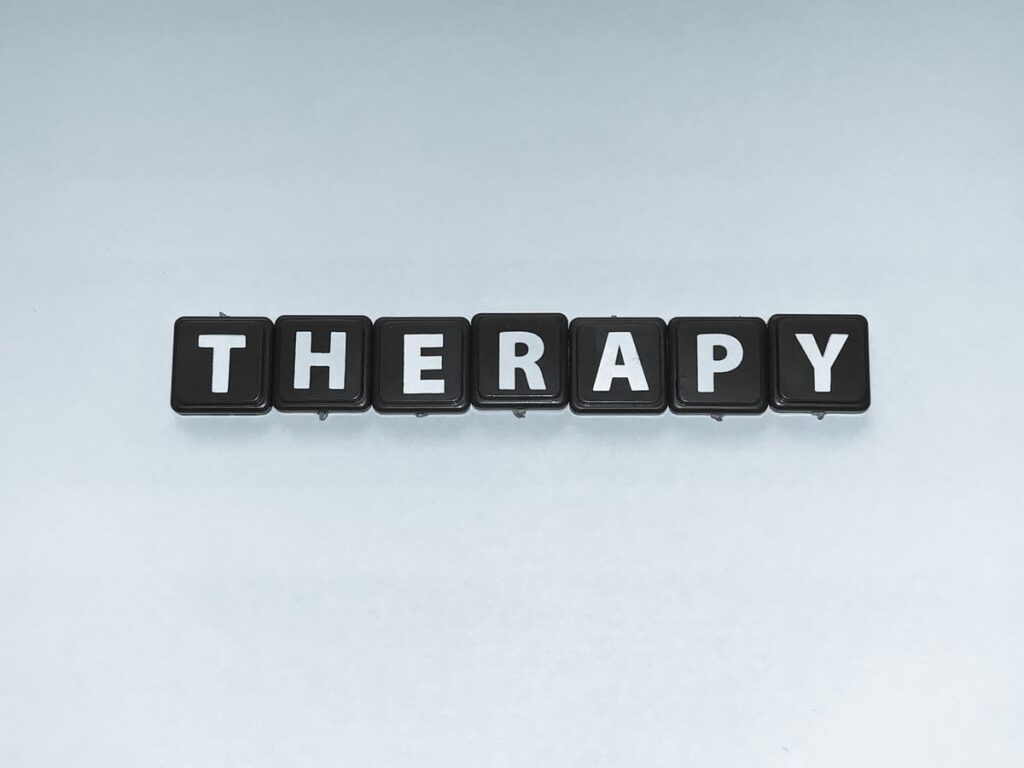
Intensive outpatient programs (IOPs) offer a more versatile approach to mental health treatment by giving those with only mild-to-moderate symptoms the convenience of being able to receive treatment around a busy work or social schedule.
IOPs help individuals with many different kinds of mental health struggles find solutions beyond simply what they can do to help themselves at home. Of course, many at-home techniques like mindfulness, coping skills, or breathing exercises can be first learned in an IOP setting, but there are other crucial services a program like this can offer. Several of these include cognitive behavioral therapy (CBT), emotional regulation and anger management, and stress or anxiety management. In this article, we’ll explore each of these IOP options in-depth and discuss how using the knowledge gained from each can help you improve your mental health.
Coping Skills
Coping skills encompass a broad variety of different practices and can serve different specific purposes, but each is summed up by serving as a healthy way to help deal with trauma, addiction cravings, or strong negative mental feelings like anxiety or depression.
These skills are key to identifying triggers and healthily dealing with them. They’re also beneficial for learning to manage trauma or loss in productive, stable ways. Positive communication and having the ability to distance yourself from harmful emotions are additional coping skills taught in an IOP. With these tools, individuals are able to mitigate detrimental feelings and live happier, healthier lives.
Mindfulness
Practicing mindfulness is another form of healthy coping. This concept involves multiple exercises all aimed at relaxing the mind and body. With mindfulness sessions at an IOP, individuals are able to become more cognizant of their emotions or thoughts and feel less consumed by them. They’re able to better regulate their various mental states and ultimately improve how they feel.
Various mindfulness tactics include using meditation practices, breathing techniques, and visualization techniques. Meditation and breathing exercises can help an individual relax and recalibrate their mindset, while also helping promote good air flow in their body. Visualization techniques are forms of mindfulness that involve seeing an end result and envisioning the ways to get there. By learning about mindfulness and its various manifestations at an IOP, people are more equipped to relieve their mental symptoms whenever they experience them in everyday life.
Cognitive Behavioral Therapy (CBT)
CBT is a service offered at many IOPs involving discussions with a licensed therapist. In CBT, the problems you might currently be facing are the primary focus, rather than those you might’ve dealt with in the past.
With this kind of therapy, sessions may contain instances of confronting triggering situations or current challenges, teaching you to address them in healthier ways. Through active listening and by guiding you through strategic exercises, your CBT therapist will help you take better care of your mental health.
Emotional Regulation and Anger Management
IOPs can also include courses on emotional regulation and anger management for individuals who might struggle with effective self-control. In these classes, individuals focus on using strategies to de-escalate their emotions and react in healthier ways to various circumstances in their lives.
Learning positive ways to more productively manage your emotions is a critical skill that can be used in family, social, and work environments. As our emotions can stretch into virtually every aspect of our lives, it’s vital to have the tools necessary to effectively regulate them and remain level-headed.
Stress and Anxiety Management
At an IOP, stress and anxiety management sessions teach participants helpful techniques to better handle their negative thoughts and reduce overwhelming feelings. Stress can oftentimes directly cause a person to feel anxious or depressed, whether that stress is coming from a relationship, business, upcoming event, or something else.
If substances are tied to a person’s current regimen for handling stress or anxiety, IOPs also offer addiction treatment counseling for mild to moderate substance use. Addiction treatment in an IOP setting might include peer support, feedback sessions with family, or general counseling options. It’s important to know that there are healthier and more impactful long-term solutions for managing stress, depression, or anxiety than substance use. Seek professional help if you’re struggling with a substance use disorder and looking for effective mental health support as well.
Alvarado Parkway Insititute’s IOP Treatment Plans
With a variety of robust IOPs, Alvarado Parkway Institute is here to help you find a program that works best for your lifestyle and provides you with all the support you need for whatever mental health challenges you’re facing. Check out more information about our IOPs by viewing our dedicated IOP webpage or contact us to learn more today.